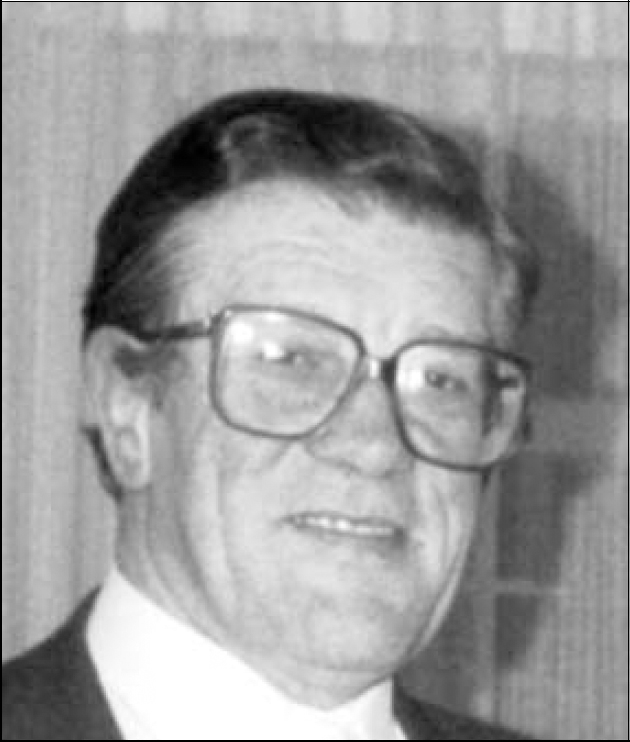John Fisher — David to his friends, family and colleagues — died on 3 December 2000 after a year's illness. To me he was the backbone of the psychiatric services in North Kent, the font of psychiatric wisdom as well as plain commonsense, for David was a plain, good man. From his childhood his health was never robust. Rather than a sporting school, his family sent him to Bootham Quaker School in York, where his exposure to the Quaker meeting may have expanded into his later interest in therapeutic communities. The family business was in the Bradford wool trade, and after school both he and his brother seemed destined for a Priestleyan life, but witnessing his father in a typically outspoken business meeting with a colleague convinced David that his interests lay elsewhere. His first love was in nature and he astounded his family with the choice of a degree course in agriculture at Clare College, Cambridge. A delightful postgraduate year followed his MA, spent on ‘field research’ in the fens and pubs of rural Cambridgeshire. Then came the sort of incident that changes the course of one's life. Plagued by sinusitis, at 23 he was operated on with nearly fatal results, and this convinced David to devote himself to medicine. He continued at Cambridge, now in medical studies, and graduated MBBS (1957) and elected FRCP (Edinburgh) in 1975. Health intervened again at this stage: his longstanding eczema was so severe and visible that David eschewed a ‘hands-on’ speciality.

After his house jobs, David went straight to a psychiatric post in Aberdeen and then at the Royal Edinburgh Hospital on one of the earliest rotational training schemes. David's career spans many important post-war developments in British psychiatry. He passed his MRCPsych in 1971 and elected FRCPsych in 1974. He was in charge of long-stay and psychogeriatric wards, he ran an early sector service in Surrey and he reorganised a rehabilitation unit on therapeutic community lines. He was a senior registrar at the Middlesex Hospital, became a consultant at Warlingham Park Hospital and psychiatric adviser to the London Borough of Croydon. In Croydon he ran the new day hospital and was the psychiatrist working with the newly formed community psychiatric nursing service. In 1976 David moved to North Kent, as consultant at Oakwood Hospital, being one of the two consultants in the psychiatric service of the Medway Towns, which had always been semi-independent of the local mental hospital. David's view was that the consultant should, in the main, stay out of the hospital, within his/her community. Long associated with teaching, he held one of the early honorary academic posts at Guy's Hospital, and was instrumental in persuading London medical students to peripheral attachments, which they came to hold in high regard. He was an energetic member of College educational committees. As Clinical Tutor at Oakwood Hospital, David started the rotational training scheme, which became one of the largest rotations in the south-east. As medical manager, he was a good negotiator, who brought a bluff Yorkshire commonsense to the arcane world of mental health services, but underneath was the keen brain of someone who knew where he was going. David was an excellent clinician, balanced and thorough. His relaxed manner in the ward round, with his shoes off for comfort, was loved and caricatured by his team. Since his death, tributes have poured in from the mental health review tribunals and the Mental Health Act Commission, where he was a popular medical member. David was a sociable man, a bon viveur who loved to travel the world with his wife, Pat. The beautiful garden of their cottage was the object of his devotion and the expert agricultural knowledge from his early years. A lifelong friend and colleague said that David is an easy subject for a eulogy; a gentle, kind man who gave his all for his work, his patients and his family.



eLetters
No eLetters have been published for this article.